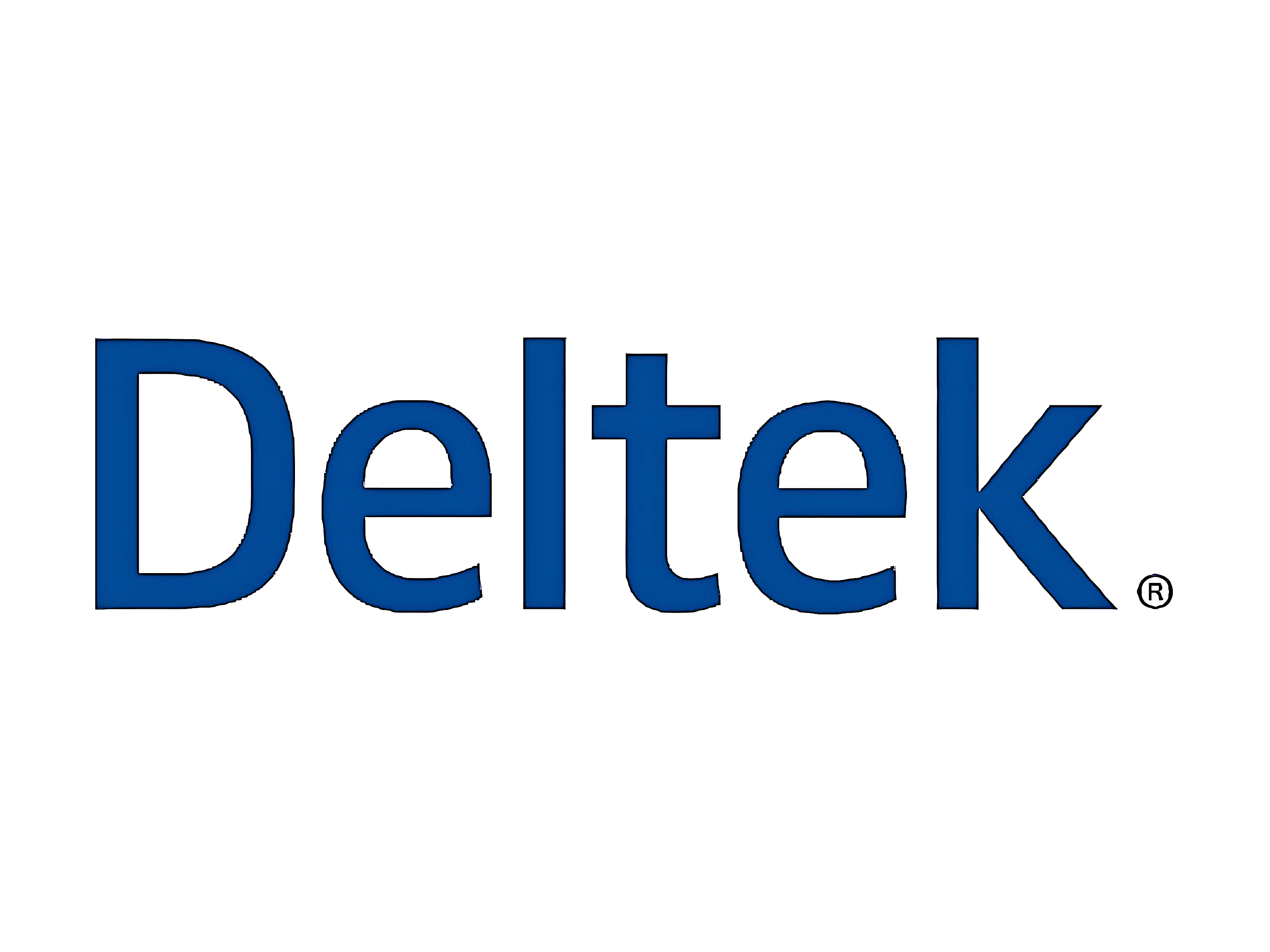Maximize Your Firm’s Efficiency With Monograph For AE Features
Wiki Article
Exploring the Trick Attributes of Monograph Accountancy for Successful Accountants

Defining Monograph Accounting: A Comprehensive Overview
Monograph audit represents a specialized technique within the more comprehensive area of monetary coverage. This technique emphasizes the systematic and thorough paperwork of economic deals and their effects. Unlike standard audit, Monograph accountancy is typically tailored to special situations or certain sectors, offering a focused structure for evaluation and coverage. It enables accountants to delve much deeper into specific locations, presenting a thorough view that lines up very closely with organizational goals.A vital attribute of Monograph accounting is its flexibility; it can incorporate various accountancy criteria and methods as required. This adaptability enables accountants to create reports that are not only precise yet additionally pertinent to stakeholders. The method usually involves substantial research study and evaluation of economic information, guaranteeing that every element is extensively recognized and recorded. Thus, Monograph accounting acts as an essential device for accounting professionals intending to offer informative economic assessments tailored to certain contexts.
The Significance of Quality and Accuracy in Financial Coverage

Vague or inaccurate reporting can cause misguided techniques, eroded count on amongst investors, and governing examination. Therefore, accountants have to prioritize precision in their job, ensuring that figures are meticulously confirmed and economic narratives are meaningful. This not just promotes transparency yet additionally improves the total credibility of the company.
Eventually, quality and accuracy in monetary reporting are important for preserving stakeholder self-confidence and advertising sustainable business growth. Accountants play a critical role in promoting these standards, making their knowledge invaluable in browsing the complexities of economic data.
Streamlining Decision-Making Processes Via Monograph Bookkeeping
Effectiveness in decision-making processes is significantly improved with the principles of Monograph bookkeeping. By combining detailed economic data right into a singular, coherent structure, accounting professionals can swiftly access critical information essential for educated selections. This method lowers the time invested in data access and analysis, enabling a much more active action to economic circumstances.Monograph accounting highlights clear classification and thoughtful organization of economic purchases, which lessens errors and miscommunication. When accounting professionals use these concepts, they can present economic insights in a structured fashion, helping with discussions among stakeholders.
Furthermore, the standardization intrinsic in Monograph audit allows smooth comparisons throughout different periods or divisions, even more helping in strategic planning. This streamlined strategy not only optimizes the inner processes of accounting experts however also enhances the total organizational agility, empowering organizations to adjust to changing market problems quickly.
Trick Benefits for Accounting Professionals and Their Customers
While embracing Monograph bookkeeping might need a preliminary financial investment of time and resources, the long-term benefits for both accounting professionals and their clients are substantial. This bookkeeping technique promotes enhanced precision and openness, permitting accounting professionals to keep more clear financial documents. By combining details into a particular narrative, clients acquire better insights right into their monetary health, promoting educated decision-making.Monograph accounting cultivates more powerful customer relationships via boosted interaction. Accountants can offer economic data in an extra absorbable layout, making it less complicated for clients to comprehend intricate information. This clarity not only builds trust yet additionally encourages aggressive monetary administration
Furthermore, the structured processes related to Monograph accountancy lower the possibility of errors, which can save both money and time. Ultimately, the integration of this method leads to extra effective procedures, allowing accountants to offer better service while encouraging customers with improved economic understanding and control.
Practical Applications of Monograph Accounting in Different Industries
In what methods can monograph bookkeeping transform different markets? By providing a focused and extensive technique to monetary coverage, Monograph bookkeeping improves clarity and precision across varied sectors. In medical care, as an example, it facilitates the precise tracking of client expenses and resource appropriation, ultimately enhancing financial management. The manufacturing sector take advantage of its organized analysis of production costs, enabling much better prices approaches and profitability assessments.In the retail market, Monograph bookkeeping helps in supply monitoring and sales projecting, aiding organizations maximize stock degrees and reduce waste. In the nonprofit sector, it assists in clear coverage of give funding and resource application, fostering trust among stakeholders. Overall, Monograph accounting's tailored Monograph methods allow organizations to accomplish economic openness and operational effectiveness, making it an important device throughout various sectors. Its flexibility makes certain that services can satisfy certain accountancy needs while maintaining conformity with policies.
Frequently Asked Concerns
What Software Is Best for Carrying Out Monograph Bookkeeping?
The most effective software application for implementing Monograph accountancy includes copyright, Xero, and Sage. These platforms offer thorough features tailored for efficient monitoring, reporting, and monitoring of economic information, facilitating streamlined accountancy processes for experts.Exactly How Does Monograph Audit Differ From Standard Accounting Approaches?
Monograph audit concentrates on specific jobs or customers, highlighting in-depth monitoring and reporting for particular entities, while typical accounting aggregates data throughout all entities, prioritizing general monetary wellness instead of project-specific understandings and performance.What Prevail Obstacles Accountants Face With Monograph Accounting?
Accounting professionals typically encounter obstacles with Monograph bookkeeping, including intricacy in financial reporting, combination with existing systems, guaranteeing compliance with policies, adapting to unique customer demands, and managing the comprehensive documents needed for accurate assessments.
Are There Certain Regulations Governing Monograph Audit Practices?
Yes, specific laws frequently control Monograph accountancy methods, consisting of adherence to nationwide bookkeeping criteria, compliance with tax policies, and industry-specific guidelines. Accountants must continue to be enlightened to ensure their methods straighten with these established frameworks.How Can Accountants Remain Upgraded on Monograph Accountancy Trends?
Accountants can remain updated on Monograph accounting fads by subscribing to market magazines, attending pertinent workshops and seminars, joining professional companies, and involving with on the internet forums devoted to accountancy standards and ideal methods. (Monograph For AE)Monograph audit presents a distinct framework that boosts economic reporting for accounting professionals. Unlike standard audit, Monograph bookkeeping is commonly customized to distinct circumstances or specific industries, offering a concentrated structure for evaluation and reporting. An essential function of Monograph accountancy is its flexibility; it can integrate numerous bookkeeping requirements and methods as needed. By offering a concentrated and extensive method to financial reporting, Monograph accounting enhances clarity and precision throughout varied industries. Yes, specific laws often control Monograph accountancy methods, including adherence to nationwide bookkeeping requirements, conformity with tax obligation guidelines, and industry-specific guidelines.
Report this wiki page